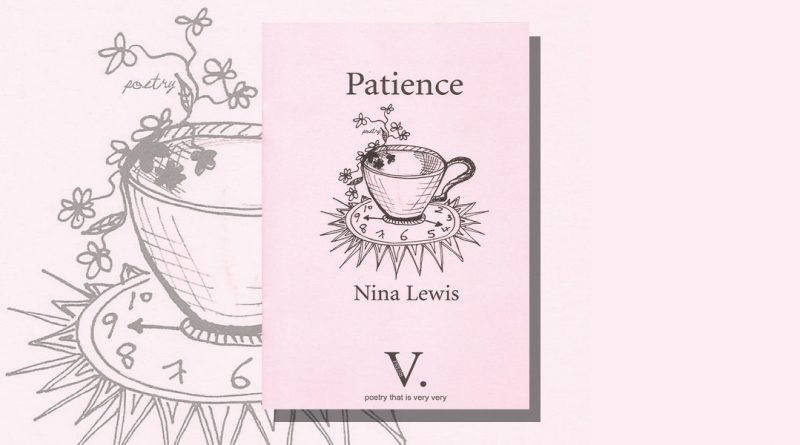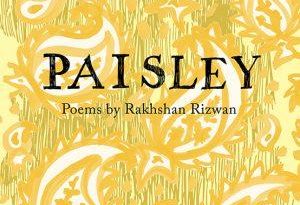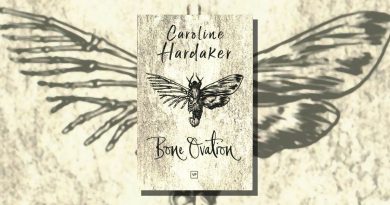Patience by Nina Lewis
-Reviewed by Phoebe Walker-
Patience is a virtue it seems we’d all be wise to cultivate at the moment, as days and weeks of uncertainty have unspooled into months of waiting, and hoping for change. In this new pamphlet by Nina Lewis, former Worcestershire Poet Laureate, there are so many lines that resonate particularly keenly on first reading: ‘the world has lost its membrane;/ there is nothing left to protect us’ (‘Punctured’); ‘It has been a long time/ since the world made sense (‘The World at the End of the Bed’).
Lewis’ short, crisp phrases are excellent at conveying the profoundly relatable experiences of uncertainty, vulnerability and ennui. Her poems explore both the sense of helplessness and futility in trying to both come to terms with the vast abstractions of time and space, as well as the experience of these concepts within intimate structures such as relationships and memories. Several poems here focus on old age and the experience of life slowing down, in sometimes disquieting ways; the sensation of losses that are hard to quantify. In ‘Shrink-wrapped’, a woman keeps ‘her precious things […] wrapped in cellophane’:
Scared to ruin
what is irreplaceable,
devoid of function,
she displays them.Time
does not touch
these objects,
fingerprints, easily wiped.She would wrap you
in clear plastic
if she could.
It’s a poignant image, but it’s also a sterile one—that ‘could’ is plaintively futile. Similarly, in ‘Debris’, the passage of time doesn’t lead to flourishing, but to stasis, and ultimately to rot. Hoping for Spring blossom and young shoots, instead:
We are left
with dead wood
and stones.Only one tree survives,
bearing a harvest of two figs—
and they have wasps inside.
The final image is absorbingly unsettling; the reader is left to feel the small sting of those wasps, eating the decaying fruit from the inside. We understand the conclusion: sometimes plans don’t flourish, and expectations aren’t fulfilled. That spare, poetic summary feels both dispassionate and necessary, like the wasps’ pursuit of sugar.
In other poems, the sense of waiting becomes something interminable, inescapable; if patience is a virtue which we practice in the ultimate hope of a reward, patience without the promise of any reward at all becomes something much more disquieting. In ‘The World at the End of the Bed’, a man is confined to a ward, ‘the best place for him’:
Whenever they move his body,
his mind settles to balance
like the blister in a spirit level.
There’s a frightening sense of two-fold entrapment, both within a physical space, and within one’s own mind. The fear and frustration of such a vertiginous fall from previous life to this new reality is powerfully conveyed:
The man falls through the skies
between his bed and the chair
at the end of it.
Beyond these gestures to a space that feels frightening, or unknowable, Lewis also shows us that sometimes the waiting time, the supposedly blank space, is bristling with meaning, in the way that staring at the sky means witnessing ‘continuous/ wardrobe changes’; the sky at work on ‘not giving up on us/ caving in’. (‘Dear Sky,’).
This meaning is, of course, sometimes consolatory, sometimes not. In ‘The Fading Cornflower’, the significance of the flowers on a woman’s teacup, drunk from as part of a silent routine, go deeper than their painted wreaths. In her memory, they:
Grew like weeds, were braided by children
hiding from the conflict in wheat fields.
Elsewhere, in the pamphlet’s opening poem, ‘Bolting Open Time’, there’s a suggestion that an object ‘exempt from function’—a waiting object—doesn’t become empty of value, at least not for the:
Enthusiastic mechanic of the small world:
cogs of clocks and watches dissected to discover
the inner workings, tweezers search for breath.
‘Patience’ reinforces the idea that the time and space around us is charged, not necessarily with any sententious significance, but with a more elemental and formidable force: the ‘electrical surge of the universe’. In this idea of patience, there are always possibilities, a sense of eventuality: as Lewis writes in ‘A Diary Without Dates’, ‘at any given moment/ the next stage of convalescence may begin’.





